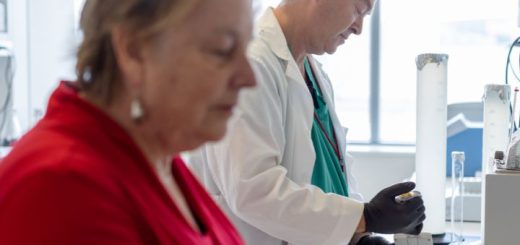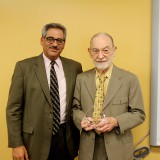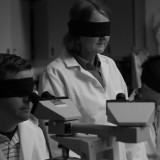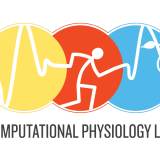In Your Face: Children’s Expressions Tell the Story of Poor Sleep

University of Houston professor of psychology Candice Alfano is reporting that children who displayed less positive facial expressions in response to pleasant images when sleep restricted were reported to have more social problems two years later.
When Shakespeare called sleep “nature’s soft nurse,” he was definitely onto something. Centuries later researchers have found that inadequate sleep in children affects their emotional functioning in ways that may predict longer-term social problems. A new study, published in Affective Science by University of Houston professor of psychology Candice Alfano, examined whether changes in children’s facial expressions of emotion after sleep restriction predict social problems concurrently and/or over time.
“Sleep problems in children are routinely linked with lower social competence and more problems in peer relationships, but we really don’t understand what drives these associations,” reports Alfano. Based on findings from some of her prior research, Alfano hypothesized that the answers might partly lie in the ways children’s faces express emotions when tired.
To test this theory, Alfano and colleagues examined 37 children between the ages of 7 and 11 during two in-lab emotional assessments; one when children were well-rested and another after two nights of partial sleep restriction. During these assessments, children viewed positive (think kittens and ice cream) and negative (think getting a shot and ferocious dogs) pictures on a computer screen while a high-definition camera recorded their facial expressions. Participants’ parents provided reports of their child’s social functioning at that time and approximately two years later.














